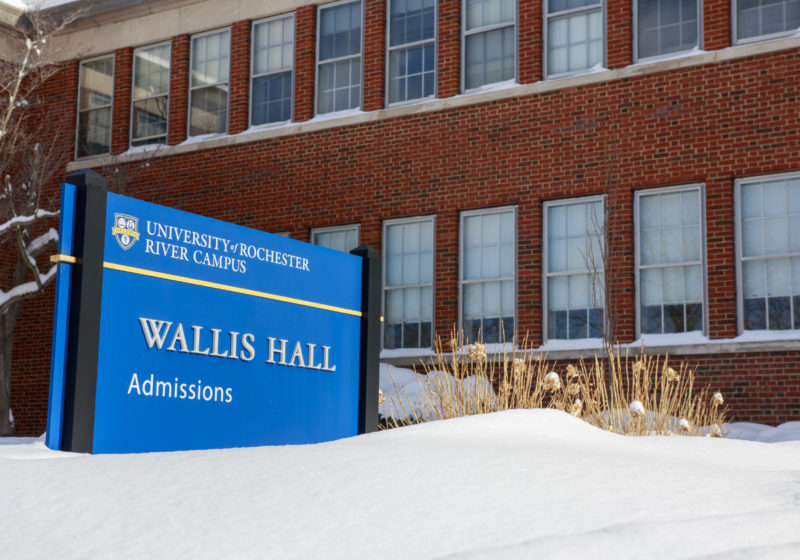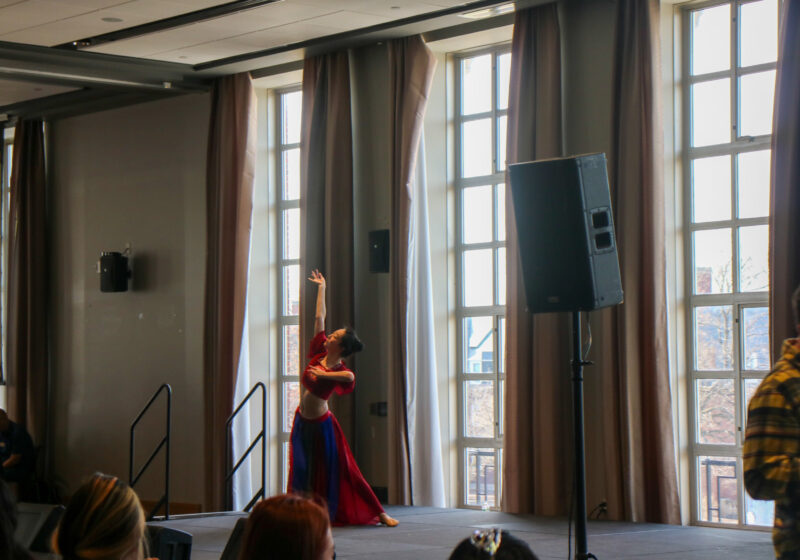My best friend in high school was Brown, queer, and a woman in STEM. And she made sure everyone knew it. Especially college admissions officers. In every essay and supplemental, she would allude to her Puerto Rican and Filipino heritage or bisexuality without fail. Even when the prompt was unrelated to those facets of her identity, she would drop a line about how she was diverse, signaling that she could fill some sort of diversity quota at the college.
The summer before senior year, we wrote our application essays together and read them aloud to each other. I remember how I struggled to hold back a gasp when she dropped the line “as a Brown, queer woman” in an essay about the death of her neighbor. Gently advising her to take that line out, I told her that it was out of place and made the essay clunky. What I didn’t tell her was that I thought it was extremely inappropriate. She refused to remove it.
That summer, she was filled with hope and excitement about the college admissions process. She was confident about her chances of getting into her dream school, Stanford, and she had every right to be. She was smart. School came easy to her. She had never gotten anything below an A. She volunteered extensively and did a billion extracurriculars, from coding camp to teaching children piano — she did it all. She was exactly the type of person who gets into Stanford.
But everyone who applies to Stanford has her credentials. If you are a regular teenager whose parents can’t donate a building or fund the library, college admissions becomes a cruel game of chance and she was unlucky.
I was made aware of the rejection the moment it happened, but I couldn’t do much to cheer her up. I couldn’t go to her house since her parents had her quarantining the entirety of senior year. I didn’t see her in person at all until we went prom dress shopping months later. But on that drive back, we ended up on the topic of our college decisions, and she stated that the reason she didn’t get in was because she was Asian and middle class. The only way to get into elite colleges nowadays, she claimed, is to be of an underrepresented demographic. She blamed her rejection on affirmative action and her status as a middle class student.
I find that appalling. My friend was upper middle class. Part of the reason she was able to be a good prospective student for Stanford was because she was upper middle class. Her parents could afford to send her to piano lessons and coding camp. Her stay-at-home mom could take her to karate lessons and pick her up from musical rehearsals. Her exemplary resume was informed by her upper middle class privilege, and it seemed like she was completely unaware.
How was it that the same girl who had attempted to use affirmative action to her benefit was now blaming it for her rejection? While she emphasized her Latina identity in her essays, she now blamed her Asian identity for the rejection. I understand that it’s frustrating to not be able to get into the school of your dreams, but it was surprising how my best friend, who I had known to be open-minded and socially conscious, could say something so problematic.
It is true that affirmative action does not help Asians. Honestly, the majority of us may not need that specific aid. Asian immigrants were given American visas based on “merit” — on wealth, class, and education, and the majority of Asian American families were able to immigrate to the US because they had been assessed to have the capability to provide the most to the American economy. My parents were able to get visas because they were well-off and well-educated, both of them having multiple degrees.
Because of this vetting process, Asian Americans have been given the opportunity to prosper alongside the burden of the “model minority” stereotype. There is an immense pressure to be perfect — to be smart and talented and meek, to achieve but have every success count as invisible points toward our race instead of our individual merit.
However, it is still true that because of the history of our immigration, we have certain privileges that grant us opportunities that other minority races do not. The demographics that affirmative action benefits are African Americans, Native Americans, and Latinx Americans.
Africans were forcibly enslaved and brought to the US. They have endured centuries of oppression in the United States that led to a lack of opportunity. Native Americans endured genocide and were stripped of their land and dignity throughout American history. Latinx Americans historically immigrated for work and to escape poverty. They have been notoriously undervalued as workers and as people, facing the effects of underfunded resources, racism, mass incarceration, and police brutality. Affirmative action was created to even the playing field a bit, to afford underprivileged but high-potential students the same opportunities that had been openly available to White Americans for centuries. It was a necessity and it still is.
Some may say that affirmative action forces institutions to meet racial quotas instead of assessing merit — that somehow affirmative action disregards America’s foundation as a meritocracy in favor of reaching a racial balance. To that I say, America cannot have been a true meritocracy if the merits and talents of a huge portion of its population were never allowed to flourish. America can become a meritocracy if it allows every person’s true potential to be met. Affirmative action isn’t just about promoting diversity in place of merit —it’s about promoting equity and wagering on the ability of the diverse to succeed.
Affirmative action is not to blame for my friend not getting in, and using it as a crutch to support herself and blame the decision-makers was neither fair nor respectful of her. Instead of trying to leverage our diversity for pity points, we have to reconcile with the fact that there’s nothing we can change about our race — and we shouldn’t, anyways, just for what’s often a crapshoot. It’s not worth it. Race will always be considered in admissions in some way, whether we like it or not. Our best bet? Embrace the process.





